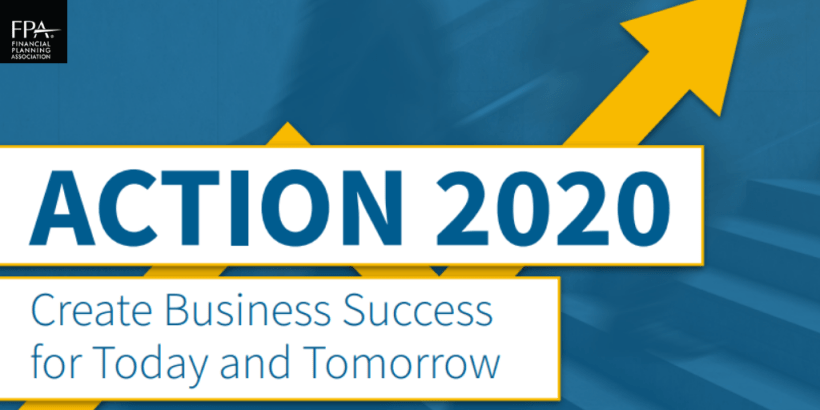Defining how to create a successful practice in 2030 is an ambitious undertaking, one that probably makes you uncomfortable.
There are forces at work that are changing not just the landscape of our profession, but the very lives we live and the way we live them. Today’s consumers have been conditioned to receive precisely what they want, at the best possible price, quickly and conveniently. Amazon, and businesses like it, are reshaping the landscape and will continue to set the expectations by which you will be judged in the future.
Ten years ago, few prospects met with multiple advisers before choosing one. Fewer still worked with advisers remotely, or were comfortable with digital experiences. Ten years ago, there was no thought of serving the mass market profitably, much less with specialized services. Ten years ago, ‘robo adviser’ wasn’t a term. Fintech wasn’t a common word, and ‘digital experience’ meant turning on your computer.
Provide Remotability
Technology is also empowering a trend I see being a major force in the future, which I call remotability. Remotability is a business’s ability to operate successfully without its staff or clients needing to be in the same physical location.
A growing number of firms work successfully with remote clients who never come into their office. Many are relying on virtual staff, paraplanners and even virtual advisers to keep up with the demands of growth in a competitive labor market. Remotability is enabling advisers to create a new sense of freedom by empowering them to live and work from anywhere—or to at least enjoy long stretches of time in other locales.
Provide Positive Experiences
Even though consumers expect to get what they want faster, better and (often) cheaper, there is a growing need to engage and connect on a more meaningful level. This need for connection is driving a shift to an experience economy (the economy following the agrarian economy, industrial economy and service economy, first written about by B. Joseph Pine, II, and James H. Gilmore in the Harvard Business Review), one in which firms must create and orchestrate experiences so that the feeling and memory of the experience becomes the product. The value is the experience or outcome that is generated.
Between now and 2030, you can expect these trends to continue with full force and ferocity. Inevitably, there will be a few not-yet-known forces emerging along the way.
Provide Specialized Experience
The most successful advisers in 2030 will be the ones who recognize that the model for the future is simple: advisers must find a systematized way to deliver a highly specialized experience.
While the methods to use these forces to one’s advantage are readily available, the professions’ ability to evolve hasn’t kept pace with the trends reshaping the future. The simple reality is that it’s hard to get ahead when you’re struggling to keep up.
As you prepare for a successful practice in 2030, it’s important to recognize that it’s not the marketplace that will define your success, but rather your mindset.
A study by the Cambridge Institute of Technology showed that success is driven by three key factors: environment, skill and mindset. The staggering point of this research is that 80 percent of your success is determined by mindset, and only 20 percent by the methods you use.
Operate from a Success Mindset State
The advisers I work with tend to operate from two mindset states: a success state and a survival state. The success state is marked by clarity, confidence and committed actions. The survival state is marked by fear, uncertainty and failure to follow through. Anyone who has ever taken a referral that doesn’t fit, accepted a client below their minimum, discounted a fee or kept a difficult client has done so from a survival state.
The biggest challenge in the decade ahead isn’t the trends; it’s the crisis of confidence that they will bring in their wake. This crisis of confidence keeps advisers out of their success state and causes them to make compromises that cost mightily in both subtle and substantive ways. The challenge for most of us isn’t that we don’t want more; it’s that the tongue in our mouth and the tongue in our shoes aren’t moving in the same direction.
When you harness your mindset into a success state, you can radically accelerate the speed and ease with which you succeed. If you master your mindset now, you’ll be able to turn seemingly overwhelming hurdles into headwinds you harness to your advantage regardless what the future holds.

Stephanie Bogan is CEO of Educe, Inc. and serves as the Financial Planner Mindset Coach in the FPA Coaches Corner. She works with financial planning professionals by using the latest in neuroscience. She helps financial planners get in the right mindset so they can make profound change in their businesses.
Editor’s note: This piece originally appeared in the FPA Coaches Corner whitepaper, “Action 2020: Create Business Success for Today and Tomorrow.” Download your copy of the whitepaper here.

Leave a Reply